
God’s mechanic: How Salesi Faupula found himself following a family tradition
Posted on 11 Feb 2026
Rev. Salesi Faupula is the Uniting Church’s moderator for the synod of Victoria and Tasmania. Born…
Posted on 10 Jan 2024
By Matthew Schulz, journalist, Our Community
Ashoup “Ash” Atar worries she isn’t doing enough with the charity she founded a decade ago to help migrant families improve their lives through education and employment.
Others might disagree. Her charity Kowanj – literally “help” or “assist” in the South Sudanese Dinka language – now operates across four countries. Having started as a solo effort, Kowanj now employs 17 staff and provides programs that help thousands of people.

Kowanj’s projects range from providing survival basics to refugee populations (food, housing and the like) to mentoring the leaders of tomorrow, as part of its mission to encourage the people it helps to help others.
Ash said both the Australian and international operations have a goal of helping young people to achieve a better life through education, personal development and empowerment.
“By empowering younger people and showing them through our charity what can happen, we hope they will become champions who will repeat that process, because we want [that help] to be sustained,” she said.
That desire to create a system where help begets more help runs deep.
For Ash, the memory of fleeing war-torn South Sudan as a seven-year-old and then years later finding sanctuary in Australia has not faded. Those memories spur her desire to help other refugees who have come here, and to help those struggling to survive in disadvantaged areas of eastern Africa.
“When I arrived in Melbourne’s midwinter in 1998, I was 14 years old and did not speak a word of English. A week later, I ended up at Mount Saint Joseph Girls' College [in Altona]. I had long braids and was surrounded by all these girls who were fascinated by me, and I was fascinated by them, but we couldn't communicate. Life for me had started in a new place … everything was anxiety. I was the only African girl in the school.
“We were one of the first families from South Sudan in Melbourne’s west, and during that time there were only about five families in the ’90s.”
As a schoolgirl, Ash dreamt of helping others by finding a cure for AIDS, but by the mid-2010s she realised she could use her natural advantages to help the many African refugees then arriving in Australia.
“I was a refugee girl who moved to the West and have had a lot of privileges, but I remember that there are much more people that are still living there in really dire conditions."
Her grasp of language, culture and communities and her experience of navigating government systems and welfare providers gave her “a huge advantage” in helping other refugees struggling to adapt in Australia.
By 2014, with first-hand knowledge of the battles her community faced when trying to achieve training qualifications with organisations that lacked any cultural sensitivity, Ash created Kowanj, with that mission of empowerment through education and employment.
In recent years, the organisation and Ash have won several awards for their entrepreneurial spirit, for the impact of their multicultural efforts, and for a ground-breaking training model that is helping young Africans, Pacific Islanders, and migrant families from Arabic-speaking countries.
So far, the model has provided training and personal development for young men in the construction sector in the western suburbs of Melbourne. Kowanj is set to launch a “Women of Construction” program shortly.
In the past few years, Kowanj has gone global, having established offices in South Sudan, Kenya and Egypt during the initial waves of covid-19 and Melbourne’s lockdowns.

In Egypt, for example, Kowanj now offers up to 5,000 scholarships to help children finish high school, paying for school fees and other essentials. That program has had a big impact, with the favourable exchange rate enabling Kowanj to support many more children than it could here. Similar programs are offered in South Sudan and Kenya, as the political situation allows.
Having come to Australia via Egypt as a refugee, Ash says the newer overseas work is personal, and she travels to those offices each year to supervise programs.
“I was a refugee girl who moved to the West and have had a lot of privileges, but I remember that there are much more people that are still living there in really dire conditions.
“I understand things. I'm not part of a charity organisation led by some European company that's just going to come in and say ‘I'm going to help the kids’. This is a lot more personal.
“Those kids in Egypt, I’ve told them, ‘I see myself in all of you’, and I absolutely did.”
She describes taking children on boat trips along the Nile River, where the kids could eat, enjoy music and take part in activities their parents could never afford.
“It was so hard leaving,” an emotional Ash remembers.
“They are my children, absolutely.”
Working with children who are lucky to eat “a few times a week” is something she tries to explain to the young African-Australian students she works with who think nothing of splashing out on fast food at the giant shopping mall Highpoint in Melbourne’s west or spending hours playing expensive video games.

She has shocked her nephews with her lessons in reality.
“I said, there were no Christmas presents this year, because you're going to donate your Christmas present to the kids in Africa. That was a way of teaching them charity. It's a way of teaching them selflessness.
“When we talk about these stories here, it doesn't make sense. But it's awareness that we need to be creating within the community, because they need to help.
“I try, but I understand for them it's very hard to think about what else is happening elsewhere in the world.”
She hopes the message gets through in the stories she and other Kowanj workers tell about their work in Melbourne’s community churches, “because I want to see children here … understand how lucky they are here and how they can be a part of a solution.”
“Kowanj Africa has to do a lot more”, she says.
“There’s a lot more to be done, and when you ask me these questions, I feel like I haven’t even done anything yet. That’s how it feels.”
She expects to head to Africa in February to roll out Kowanj’s latest programs, using the proceeds of a Christmas fundraising campaign in Australia.
Despite the frustrating challenges in establishing not-for-profit operations in other countries, Ash says that flexibility, patience and focusing on Kowanj’s mission have helped.

She said Kowanj’s basic method was to understand people’s goals, and to help subjects through a developmental process that focused on self-reflection, empowerment, confidence building, and encouraging them to return the favour in the longer term.
Its work in Australia involved the help of counsellors, social workers and other support workers who equipped young people with the personal skills they needed before they could take the next steps towards trade and other qualifications, and eventually employment.
Ash said Kowanj’s training model had potential for expansion both in Australia and overseas, and she hopes to share its methods, which rely on cultural awareness and collaboration with other organisations.
“We want to show other organisations how to do it.”
For Ash, there are still many reasons for Kowanj to scale up its model.
“Young people are the next generation, the future of our country and our community, and so ensuring that those foundational [educational] issues are being addressed in a way that makes sense to these young people is very important.
“The model that Kowanj has put in place … resonates really well with this cohort. And that the same young people can then become champions of change to help others makes perfect sense.”
More information: kowanj.com.au

Posted on 11 Feb 2026
Rev. Salesi Faupula is the Uniting Church’s moderator for the synod of Victoria and Tasmania. Born…
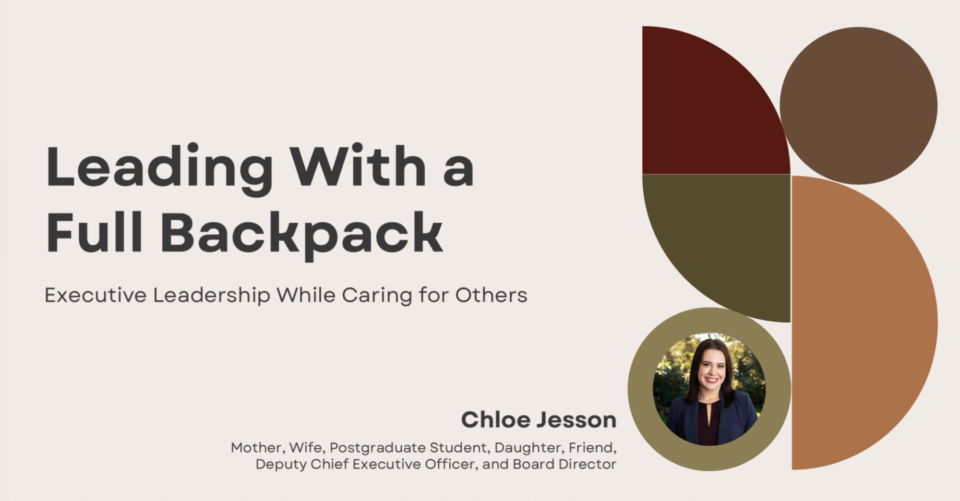
Posted on 04 Feb 2026
At the Third Sector leadership conference in Sydney last year, Queensland health executive Chloe…
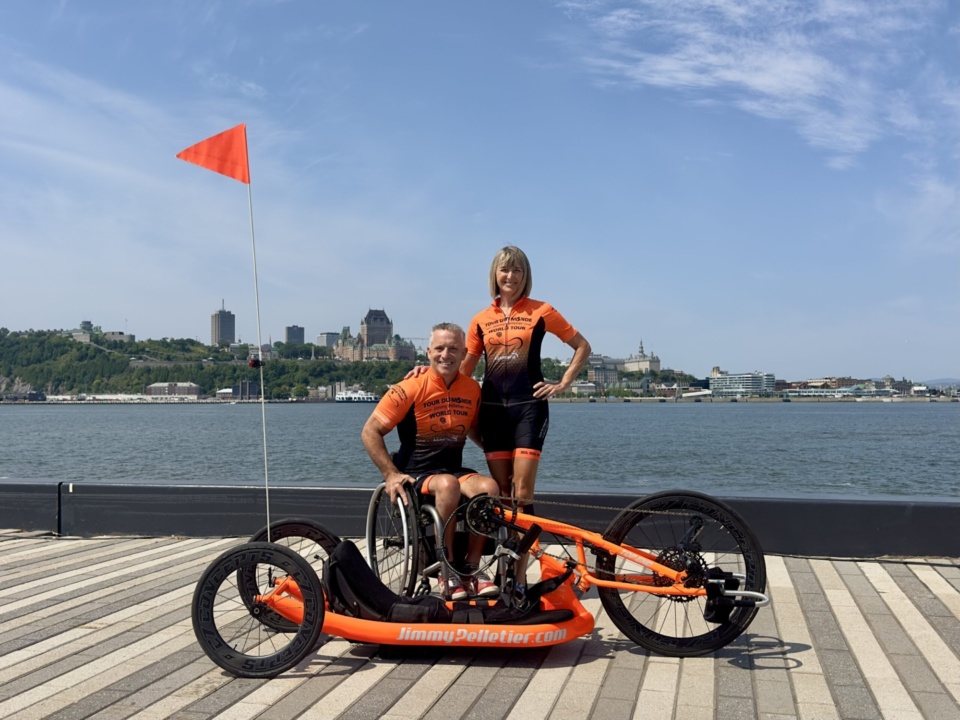
Posted on 28 Jan 2026
French-Canadian Jimmy Pelletier, who lives with paraplegia, is six and a half months into a…
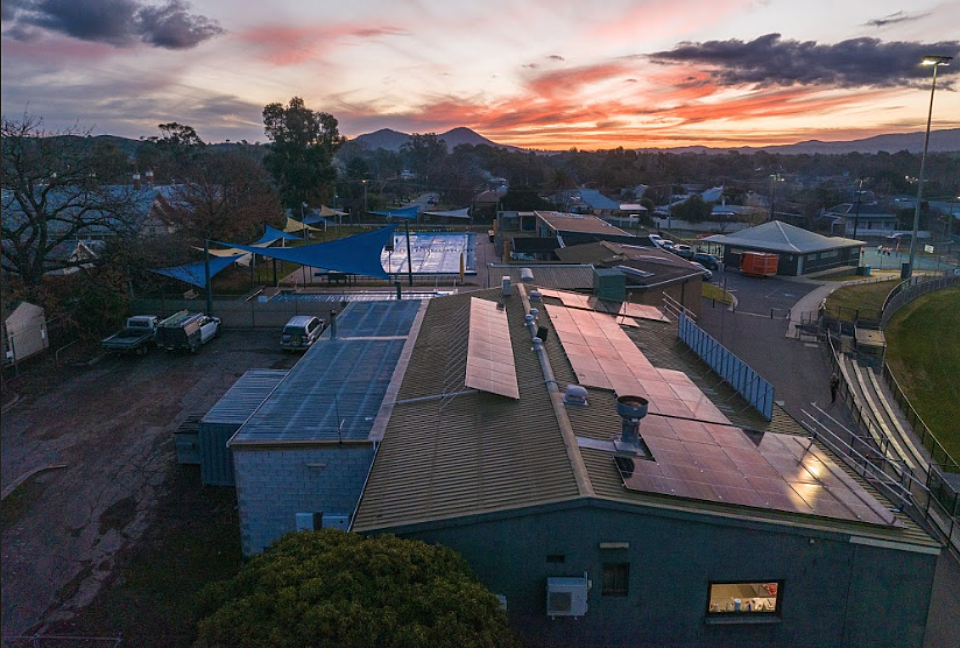
Posted on 16 Dec 2025
Lex Lynch spent more than two decades in the climate change and renewables field before last year…
Posted on 10 Dec 2025
A long-time advocate for rough sleepers in northern New South Wales has been named her state’s…
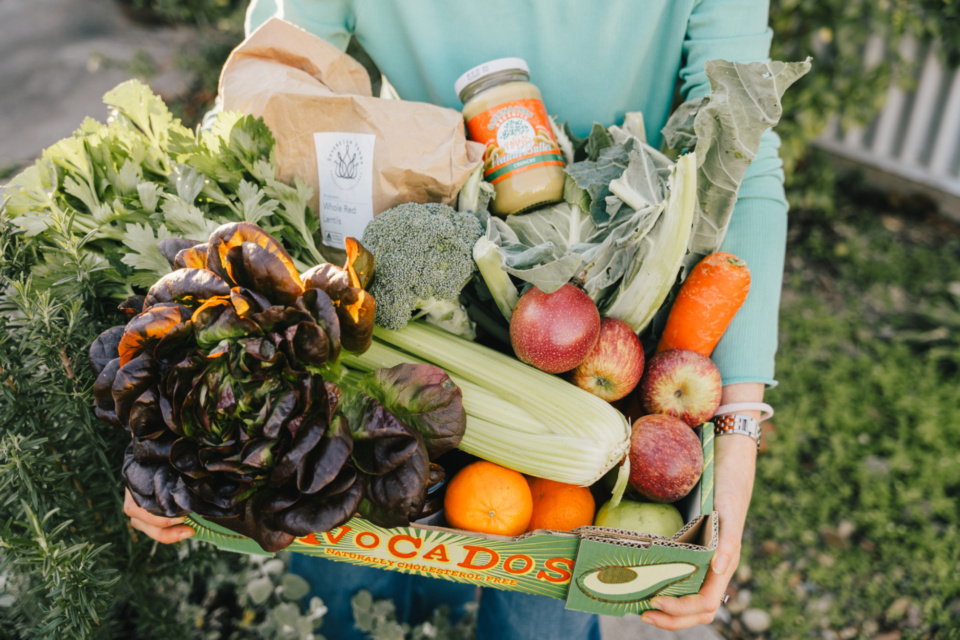
Posted on 03 Dec 2025
Emma-Kate Rose is the co-CEO of Food Connect Foundation, working with communities to support the…
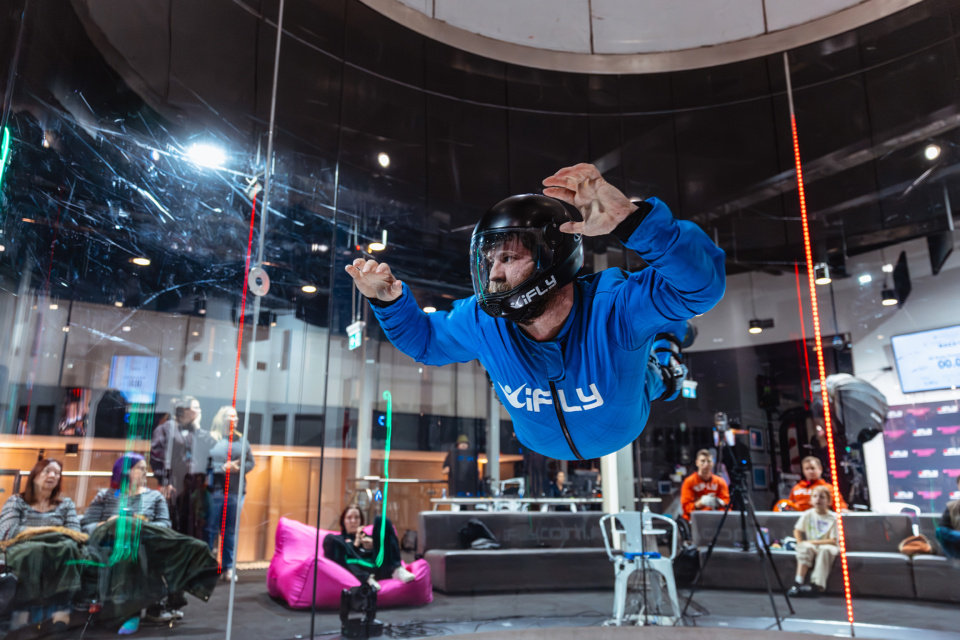
Posted on 26 Nov 2025
Next Wednesday, December 3, All Abilities ambassador Greg Pinson will be celebrating the…
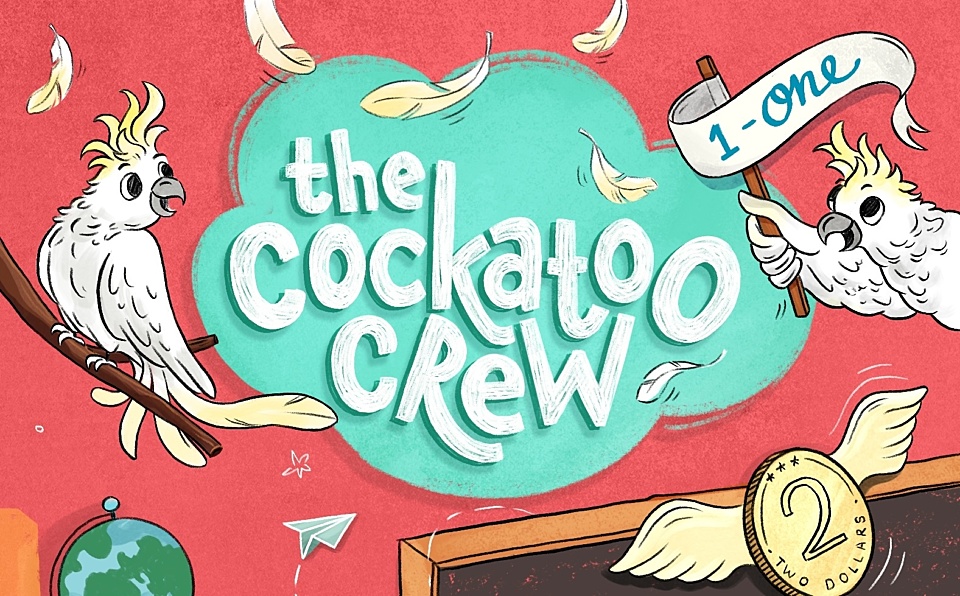
Posted on 19 Nov 2025
Lora Inak is the author of the Cockatoo Crew books, a new children’s fiction series (illustrated by…
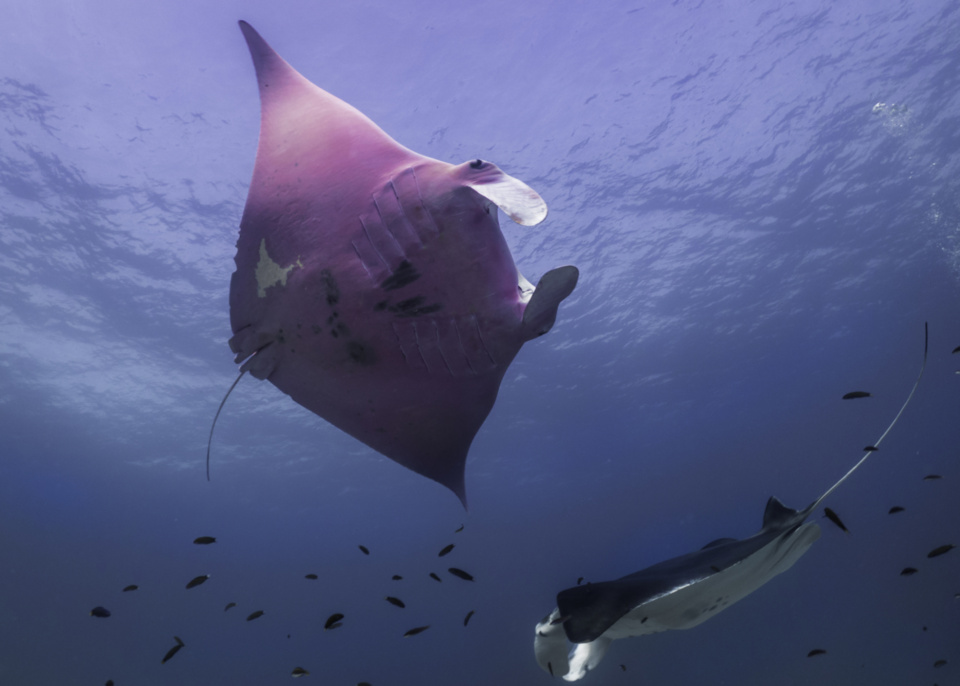
Posted on 11 Nov 2025
Project Manta, a long-running scientific study that includes a citizen scientist component, is…
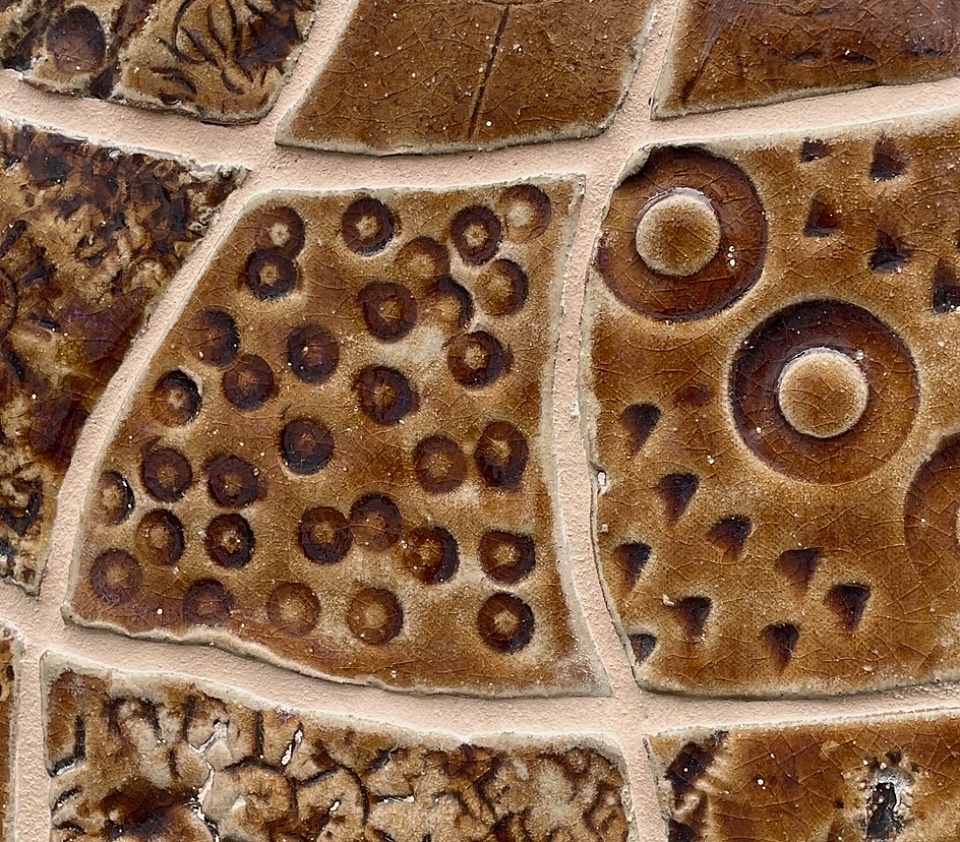
Posted on 04 Nov 2025
Diamando Koutsellis is the CEO of the not-for-profit Australian Ceramics Association, as well as a…
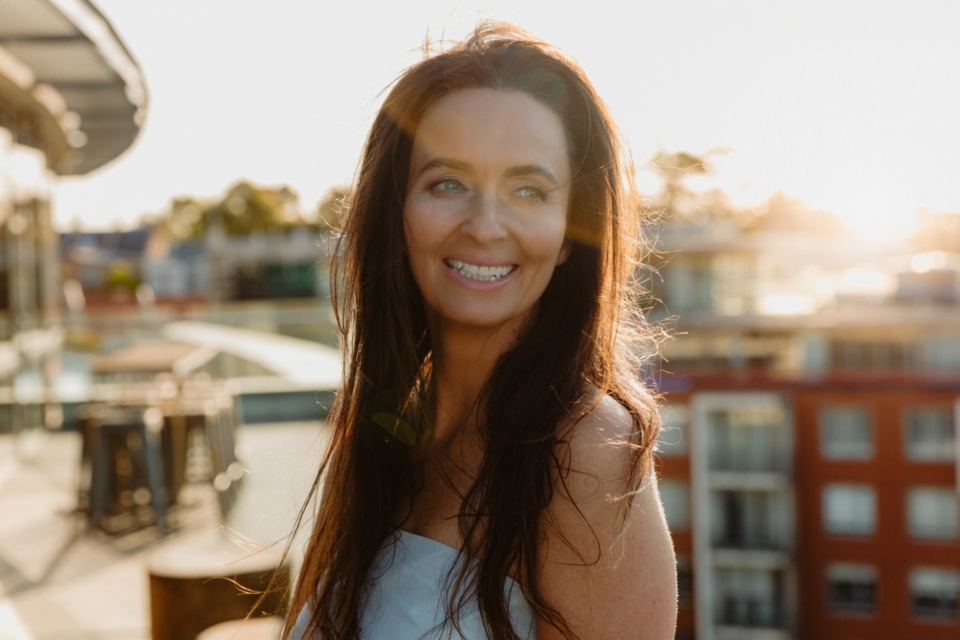
Posted on 28 Oct 2025
Mandy Richards is the founder and CEO of Global Sisters, a charity reinventing employment,…
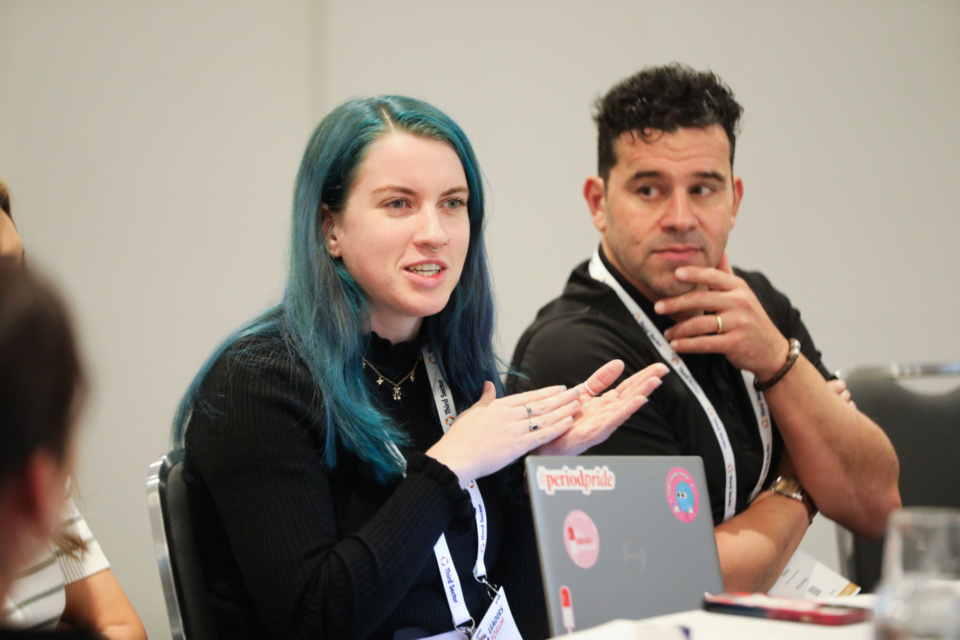
Posted on 22 Oct 2025
Brittiny Edwards is an advocacy and communications specialist for Share the Dignity, a charity that…